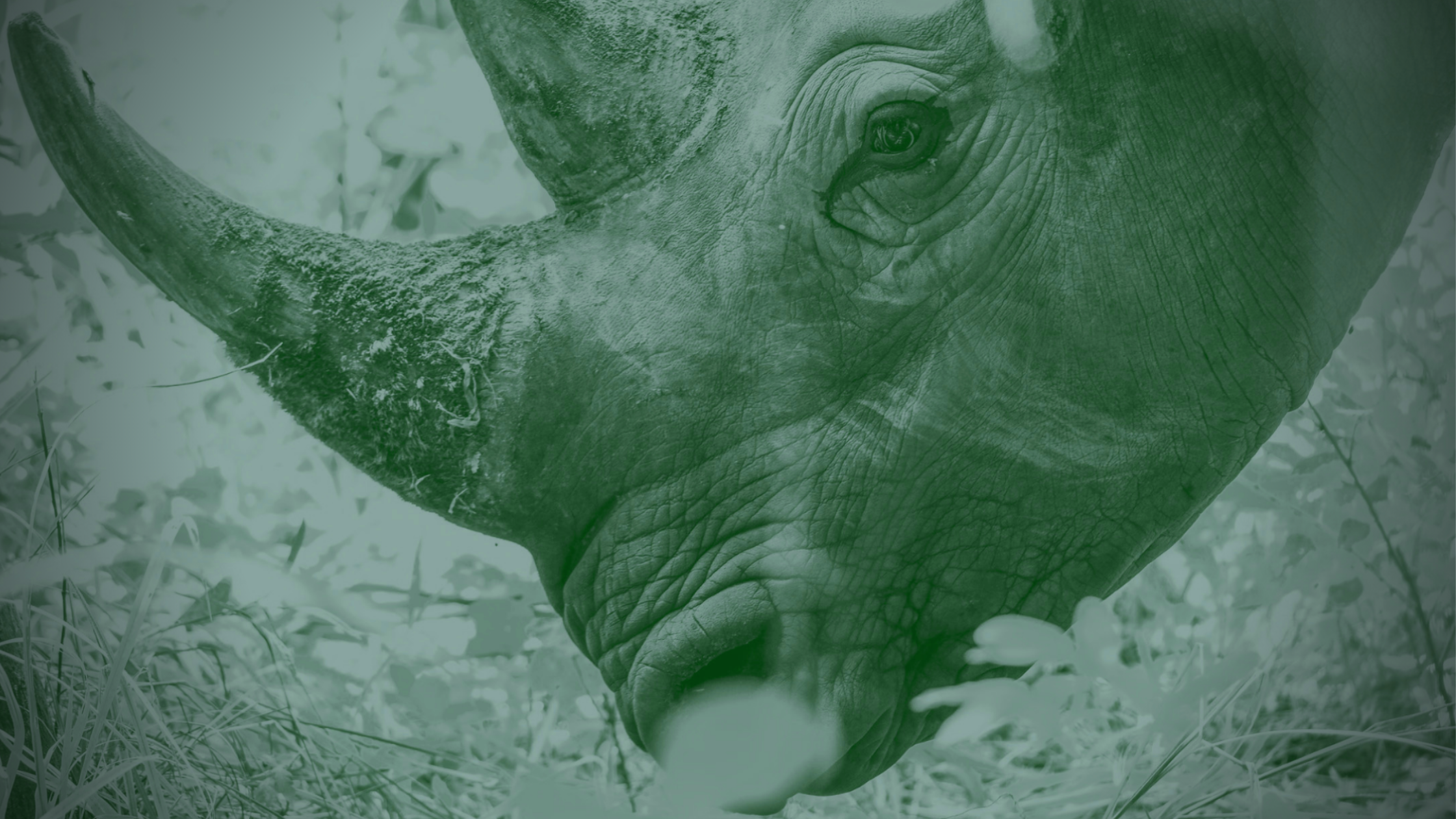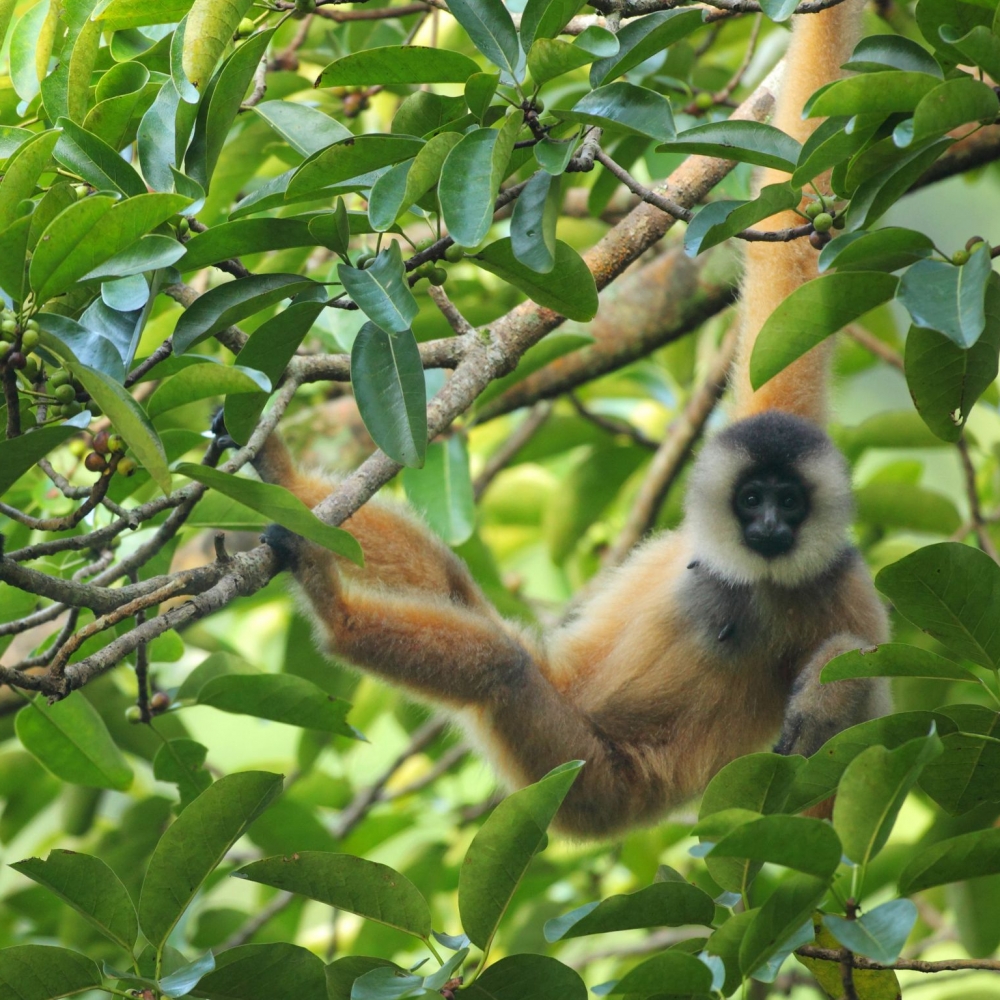Cao-vit Gibbon Nomascus nasutus
Critically Endangered
Location: China, Vietnam
The Cao Vit Gibbon belongs to genus Nomascus and are found in Vietnam and southern China. They are known to communicate in species-specific song when defining territory or attracting mates. They sing in regional accents to each other and form breeding pairs.
The Cao Vit Gibbon is critically endangered on @IUCNredlist in #China #Vietnam. 80% of their forest home has been destroyed for #palmoil #timber and other crops. Help them survive by joining the brand #Boycott4Wildlife
Tweet
The Cao Vit Gibbon is listed as Critically Endangered because of an observed population decline of at least 80% over the past 45 years (three generations), primarily due to hunting and habitat loss. This species historically inhabited lower montane and limestone forests, in a wet tropical monsoon climate, at an altitude range of 50-900 m (Tien 1983). The known population is now entirely restricted to limestone forests on poorly accessible karst outcrops ranging between 500-930 m in elevation (Rawson et al. 2011). It is now restricted to the Cao Vit Gibbon Conservation Area, Vietnam, and Bangliang Nature Reserve, China, which comprises a total of 2,500 ha of limestone forest straddling the Sino-Vietnamese border (Fan et al. 2013a).
Numerous conservation efforts of these rarest of small primates are ongoing.
Support conservation for this animal

Rawson, B.M., Roos, C., Nguyen, M.H., Bleisch, W., Geissmann, T. & Fan, P.F. 2020. Nomascus nasutus. The IUCN Red List of Threatened Species 2020: e.T41642A17969578. https://dx.doi.org/10.2305/IUCN.UK.2020-2.RLTS.T41642A17969578.en. Downloaded on 28 January 2021.

How can I help the #Boycott4Wildlife?
Contribute in five ways
1. Join the #Boycott4Wildlife on social media and subscribe to stay in the loop: Share posts from this website to your own network on Twitter, Mastadon, Instagram, Facebook and Youtube using the hashtags #Boycottpalmoil #Boycott4Wildlife.
2. Contribute stories: Academics, conservationists, scientists, indigenous rights advocates and animal rights advocates working to expose the corruption of the palm oil industry or to save animals can contribute stories to the website.
3. Supermarket sleuthing: Next time you’re in the supermarket, take photos of products containing palm oil. Share these to social media along with the hashtags to call out the greenwashing and ecocide of the brands who use palm oil. You can also take photos of palm oil free products and congratulate brands when they go palm oil free.
4. Take to the streets: Get in touch with Palm Oil Detectives to find out more.
5. Donate: Make a one-off or monthly donation to Palm Oil Detectives as a way of saying thank you and to help pay for ongoing running costs of the website and social media campaigns. Donate here








